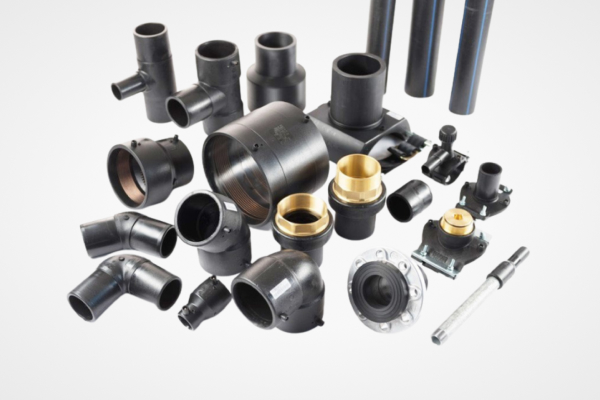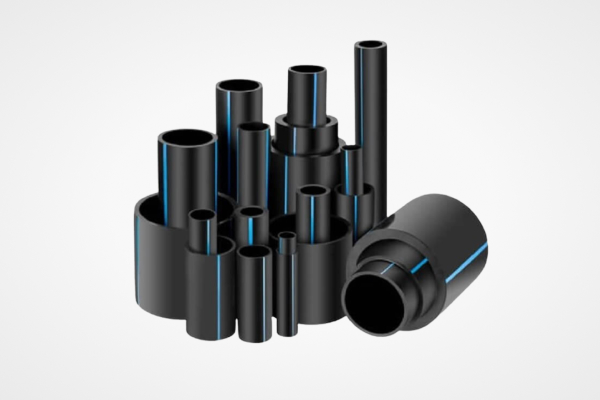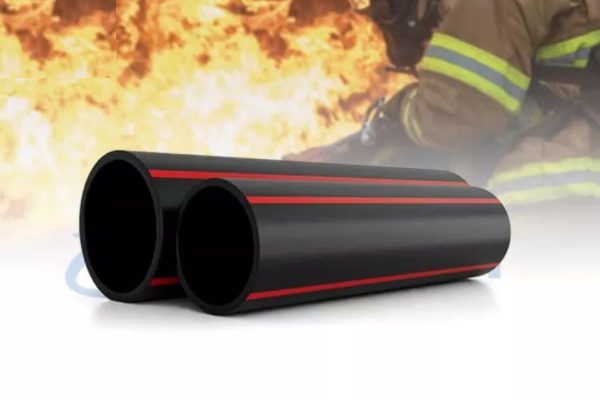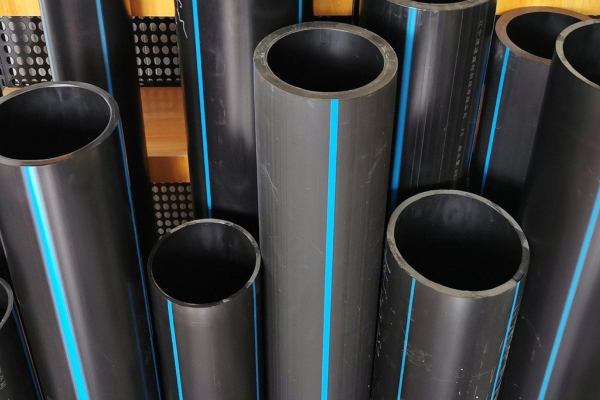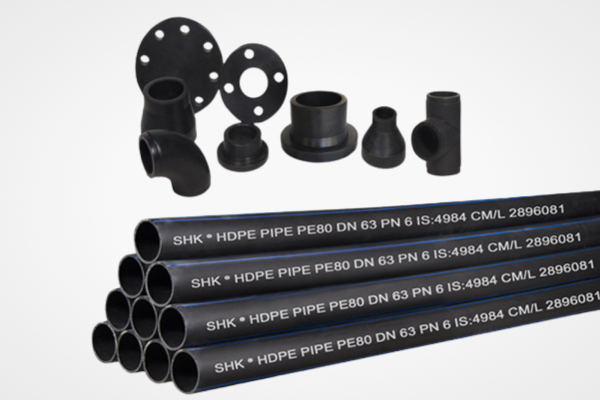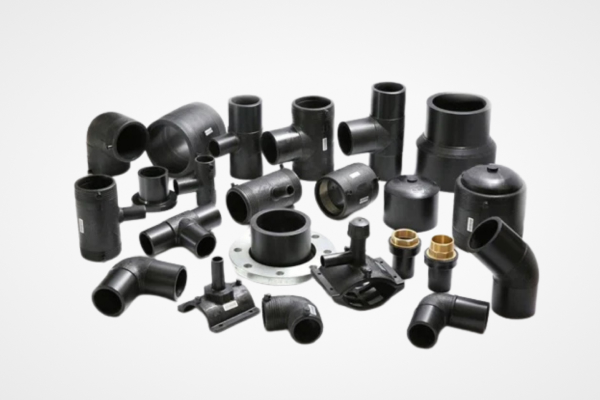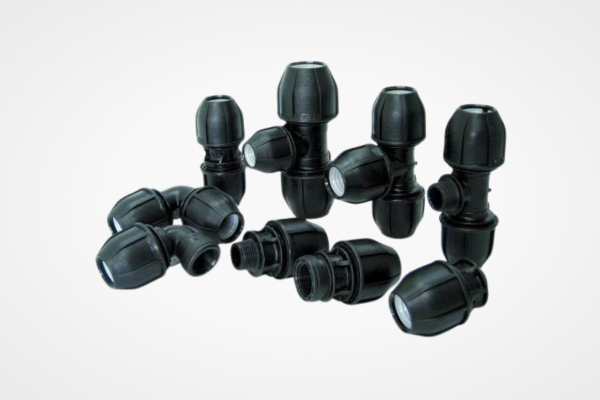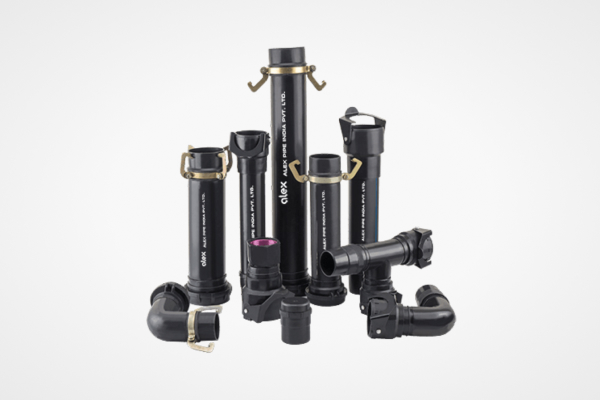- Home
- About Us
- Services
- Products
- Carbon Steel (CS) Pipes
- Carbon Steel Buttweld Fittings
- Carbon Steel Flanges
- Construction Chemicals
- Denso Tape™ Anti-Corrosion Petrolatum Tape
- Electrical Coated Conduit, Fittings, and Accessories
- Electro Mechanical
- Fasteners and Stud Suppliers
- Fire Hydrant and Grooved Fittings
- Forged Carbon Steel Fittings
- Forged Malleable Iron Fittings
- Forged Stainless Steel Fittings
- Gasket-Insulation Kits
- Industrial Safety Materials and Tools
- Instrumentation Accessories Tube Fitting Suppliers
- PVC, CPVC, uPVC, HDPE, PVDF Pipes and Fittings
- HDPE Pipes & Fittings
- Sanitary Drains
- Sanitary Fittings
- Solenoid Valve
- Stainless Steel Buttweld Fittings
- Stainless Steel Flanges
- Stainless Steel Pipes
- Test Plug Suppliers
- Valves
- Water Meter
- Welding Materials
- Blog
- Contact Us
- Home
- About Us
- Services
- Products
- Carbon Steel (CS) Pipes
- Carbon Steel Buttweld Fittings
- Carbon Steel Flanges
- Construction Chemicals
- Denso Tape™ Anti-Corrosion Petrolatum Tape
- Electrical Coated Conduit, Fittings, and Accessories
- Electro Mechanical
- Fasteners and Stud Suppliers
- Fire Hydrant and Grooved Fittings
- Forged Carbon Steel Fittings
- Forged Malleable Iron Fittings
- Forged Stainless Steel Fittings
- Gasket-Insulation Kits
- Industrial Safety Materials and Tools
- Instrumentation Accessories Tube Fitting Suppliers
- PVC, CPVC, uPVC, HDPE, PVDF Pipes and Fittings
- HDPE Pipes & Fittings
- Sanitary Drains
- Sanitary Fittings
- Solenoid Valve
- Stainless Steel Buttweld Fittings
- Stainless Steel Flanges
- Stainless Steel Pipes
- Test Plug Suppliers
- Valves
- Water Meter
- Welding Materials
- Blog
- Contact Us
